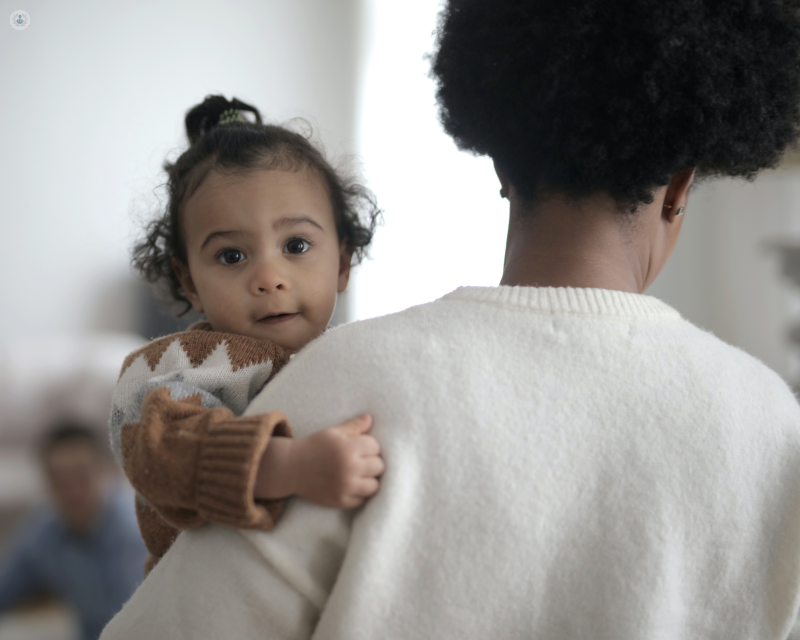Should my child have an echocardiogram?
Escrito por:An echocardiogram or echo test is often used to study the structure of the heart and how the heart and the valves are working.

In this article, we spoke with a leading paediatric cardiologist, Dr Alessandro Giardini to find out what symptoms indicate a child should have an echocardiogram, what conditions an echo test can diagnose, and what steps should be taken after a child has had the test.
What signs indicate a child needs an echo test?
The main reasons to have an echo test is to make sure there’s no structural problems in the heart and to make sure the heart is functioning normally. An echo test is usually done if the child has heart symptoms such as:
- breathlessness
- chest pain
- heart racing
Another group of children who may need to have an echocardiogram even if they have no symptoms of cardiac disease are those with heart murmurs. Whilst the child is being assessed with an echo test we normally check for murmurs too. Sometimes in children the murmur can be caused by an underlying heart problem. Your paediatric cardiologist would be able to identify and the explain the cause of the murmur.
Is the test safe for children?
Yes. The echocardiogram is non invasive and not dangerous.
What conditions can it diagnose?
It can diagnose holes in the heart, leaky valves and it checks whether the heart is functioning ok. All these problems can also cause the heart to become tired.
How is the echo test performed?
Basically, by using an ultrasound machine, no radiation is released. There’s a little probe which is like a small microphone that hears very high frequency sounds. To perform an echo test properly, some gel needs to be put on top of the probe. We then move the probe in different places over the tummy or chest of the child to see how the heart is beating to ensure that the child doesn’t have problems. An echo test usually takes 10 - 15 minutes. The results are immediate.
Is the test as effective with children as with adults?
Yes, absolutely. Actually, the test is even more effective in children as the quality for the images is a lot better.
What should a child's echo result look like?
The results from the echo test would show that the heart has no structural problems, no congenital heart defects and that the function is normal.
Depending on the results, what are the most common next steps?
Normally after having an echo test, there’s not any immediate steps to take. If no underlying significant problem is found then very often you can be discharged. If your child requires immediate treatment or a medication then that would need to be addressed. A small minority of children may require keyhole surgery or open-heart surgery.
If you feel your child may require an echo test then you may like to get in touch with a leading paediatric cardiologist such as Dr Alessandro Giardini . Visit his Top Doctors profile today for information on appointment availability.


